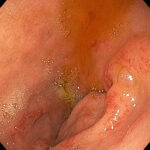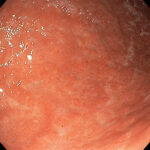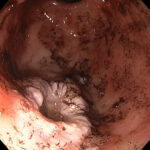Helicobacter Treatment
Helicobacter Pylori
Helicobacter Pylori is a spiral shaped bacteria that is now established as a significant cause of Gastritis, Peptic Ulcer disease, Gastric cancer and rare forms of gastric lymphoma (MALT). It is often associated with dyspeptic symptoms (upper abdominal discomfort, bloating and nausea) and can be a cause of bad breath (halitosis).
Helicobacter can be difficult to eradicate with first line antibiotic regimens only effective 65-85% of the time. Repeated courses of the same therapy rarely work. We offer evidence based eradication strategies based on the safest and most effective current treatments.



